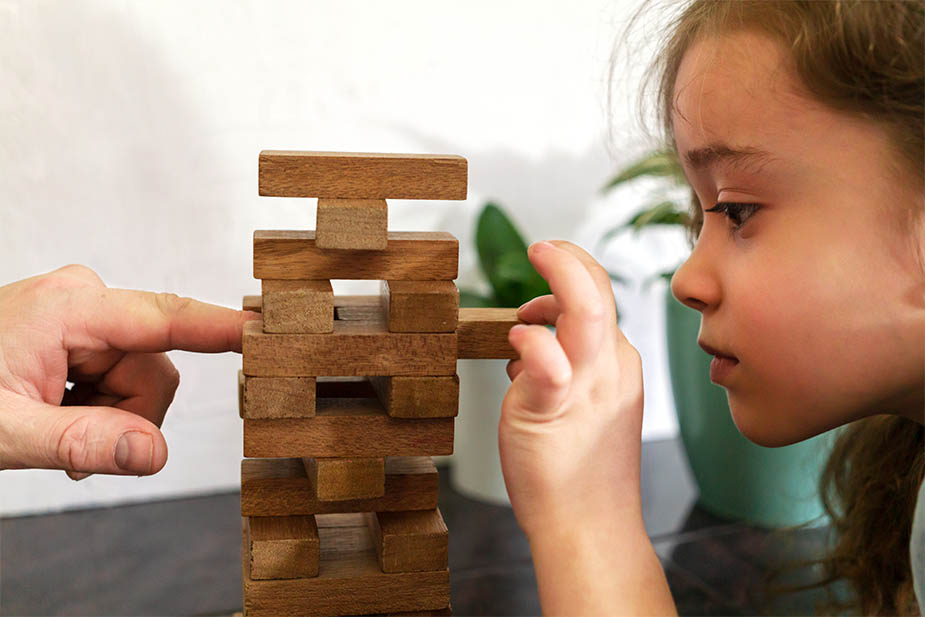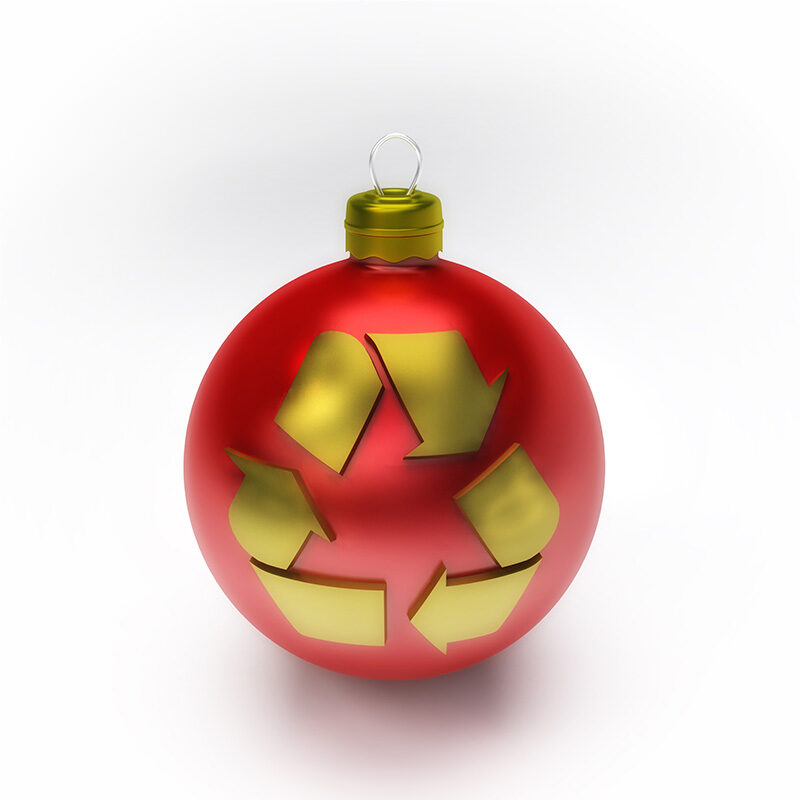
How to Develop Mental Resilience- 7 Baby Steps to Help You
If you want to understand what resilience is really about, you need to travel back in time.
A time when you failed so many times that you didn’t bother to keep score. You tried and felt so bad that your body was hurting, but the only thing on your mind was to try again. You were highly determined to not only pursue one goal, but chase multiple goals throughout your day.
When you were a baby you did not understand the word failing. Literally. It was simply a natural process of trying, learning a little bit more every time and improving so you could make it to the next level. It took you months- years actually- to reach your goals, but I am pretty sure now that you can walk, talk, eat with a spoon and use a toilet properly.
A few years ago, resilience was your strength. Although nowadays you may not even think about it like that.
Resilience is a built-in feature from birth. I have it and you have it. If you are reading these lines, it means you have survived and learned so many complex skills because of your outstanding resilience.
So why do we question our resilience as adults and what can we learn from babies?
Babies ignore what other people think. They do not know there is a proper way of walking or talking. They mimic what they see or hear. When they try something and succeed, they usually celebrate their feat, no matter how small.
But as kids get older, they inevitably get judged for trying, are compared, criticised for failing, and for the first time in their young life they start doubting that they can succeed. Little by little they forget about resilience.
This is not our parents or teachers’ fault either- our brains are hardwired for laziness. Because it consumes 20% of the body’s energy, our mind naturally avoids what is unfamiliar or does not guarantee an attractive reward or is not essential for survival.

So, if you want to reactivate the full power of resilience and reclaim your built-in powers, you need to take it step by step. Below are 7 easy steps I suggest to get you started:
1. Acknowledge resilience is already in you
You were a baby once, so you have got it.
2. Set a goal and keep it simple
Swim 1 km, run 5 km, complete writing an article.
Make it as clear as possible in your mind. You brain needs to imagine the reward. Make it attractive but not overwhelming. It needs to feel accessible and rewarding. Visualize it, feel it.
3. Set a pathway
Remember how you first learned how to sit, then how to push on those legs, then how to grab the table edge, then how to stand, how to walk? Imagine a progressive path towards your goal. Baby steps.
The brain is constantly monitoring the outcome, the time it will last and the pathway to get there. Without clarity on the pathway, you will lose track of the reward and you might quit.
4. Don’t compare but be inspired
All babies eventually master the art of walking and still none reach the same stage at the same moment. Babies don’t give up because another baby is already walking. No baby ever said “That’s it, look at how well Sam is walking, I am a failure, I am bad at walking, I will never learn, I give up”. Learning a skill is an inner and subjective experience and everyone’s trajectory is different. Plato said “Never discourage anyone who continually makes progress, no matter how slow”.
Someone else’s success must be an invitation to explore, an inspiration to visualize what can be done, not an emotional block.
5. Celebrate small wins
Every time your brain acknowledges you are on the right path, it releases dopamine, a neurotransmitter involved in achieving goals and strengthening resilience. Praise yourself for reaching each small milestone. A positive attitude towards your progress matters. Remember how much applause you got after that first successful potty training. That’s the spirit.
If you want to swim 1 km straight across the channel, it starts by joining your local open water club and swimming every week with them. Make it a conscious habit. If you are tired, swim slowly and swim short distances, but swim. As you push yourself for easy things you enjoy, you brain is learning again that giving whatever you have on the day is what matters most.
7. Repeat
Resilience is a muscle. It grows and get stronger with practice. Keep repeating this process again and again. You will naturally set more challenging goals and the resilience you have developed in one discipline will soon translate in every aspect of your life.
Interested in more tips from Olivier? Check out 5 Mental Benefits of Open Water Swimming: Hong Kong’s year-round sport that’s always on!
Written exclusively for WELL, Magazine Asia by Olivier Courret

Thank you for reading this article from WELL, Magazine Asia. #LifeUnfiltered.
Connect with us on social for daily news, competitions, and more.





